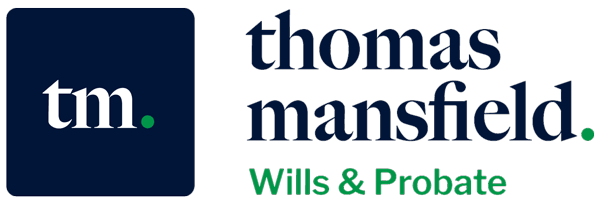Settlements and Trusts
Settlements are when an individual ‘settles’ property (of any kind) on trust for a beneficiary (or a group of beneficiaries). For example, parents might want to put the family home in trust for the benefit of their children. A term of the trust might allow the parents to continue living in the home until they both pass away.
The terms of the settlement are managed by a ‘trust’.
They are sometimes called ‘lifetime trusts’ since the person making the settlement does so in their lifetime. It is also possible to make a trust in your will and these are called ‘will trusts’.
Trusts
The two main types of lifetime trusts used for settlements are fixed interest trusts and discretionary trusts.
Fixed interest trusts
The former allows the person creating the settlement (the settlor) to decide how the beneficiaries shall enjoy the property in the future for example, preventing them from accessing the trust until they reach a certain age.
The settlor can divide capital or income between a group of beneficiaries and define particular shares.
A beneficiary of a fixed interest trust obtains a collection of rights much like an interest in property which they may sell or give away (subject to legal provisions in s53(1)(c) of the Law of Property Act 1925).
Ultimately if all of the beneficiaries of full age and capacity between them own the entire trust they can agree to end the trust requiring the trustees to distribute the capital between them. Alternatively, the Trusts of Land and Appointment of Trustees Act 1996 s19 allows the beneficiaries to require the trustees to retire and appoint new trustees thus allowing the trust to continue but avoiding the resulting CGT liability (which is payable upon exiting the trust).
Discretionary Trusts
Discretionary trusts allow the settlor to nominate beneficiaries but gives the trustees the power to decide how much the beneficiaries should receive (if anything).
An exhaustive discretionary trust means that the settlor requires the trustees to pay all of the income from the trust to the beneficiaries every year.
A non exhaustive discretionary trust means that the settlor gives the trustees the discretion to distribute the income or retain it as they feel appropriate. The settlor can give a trustee the power to distribute and retain income as they consider appropriate but only until a certain event such as a beneficiary reaching a certain age when their capital interest will vest. Or, the settlor can give the trustees discretion to distribute both capital and income amongst the beneficiaries as they consider appropriate which means the trustees can bring an end to the trust if they wish.
Beneficiaries of discretionary trusts have no claim over trust property, only the aspiration that the trustees will distribute income or capital to them. Trustees with discretion over distribution of capital and income are limited in time to how long their discretion lasts by specific rules and these are usually set out in the terms of the trust.
If all categories of beneficiaries of the discretionary trust should all die before the trust capital has been distributed, the trust fails and the capital will pass to any beneficiary named in default or the settlor or his estate if he has died. There are tax consequences resulting from a failed trust, which should be considered with your legal adviser in advance.
It is also possible to make a discretionary will trust and your solicitor can talk about this in conjunction with your will.
CALL US TODAY
Call us now on 0808 256 2917 for a confidential and no obligation initial discussion or email [email protected].











